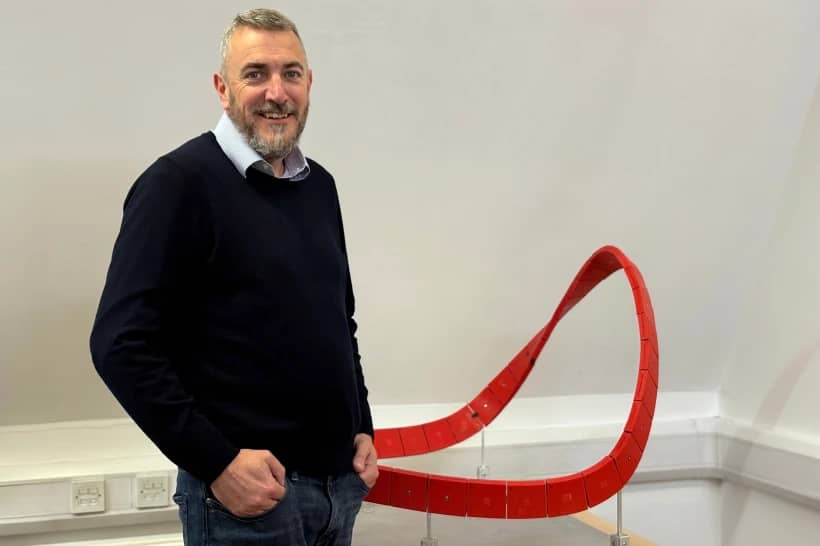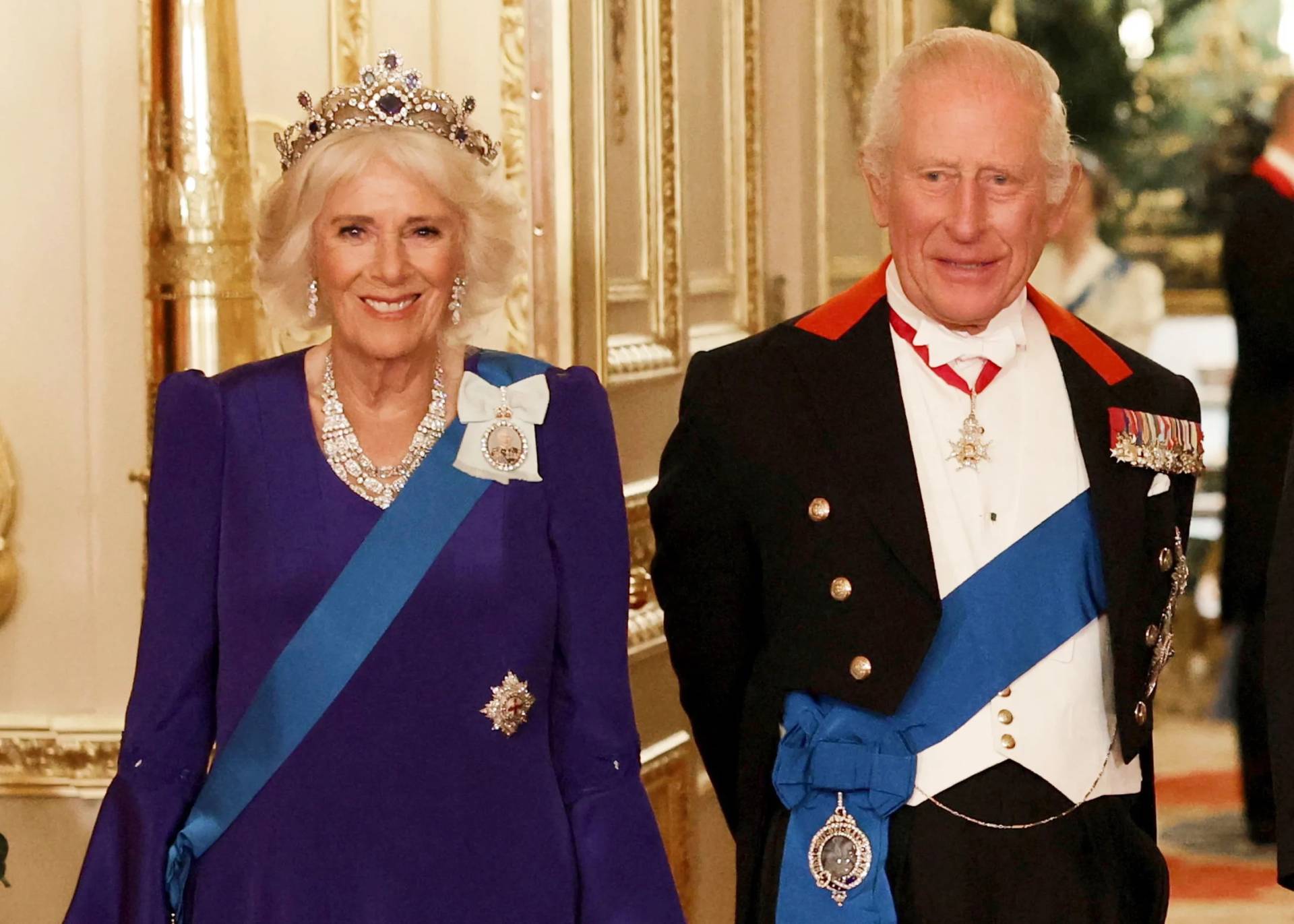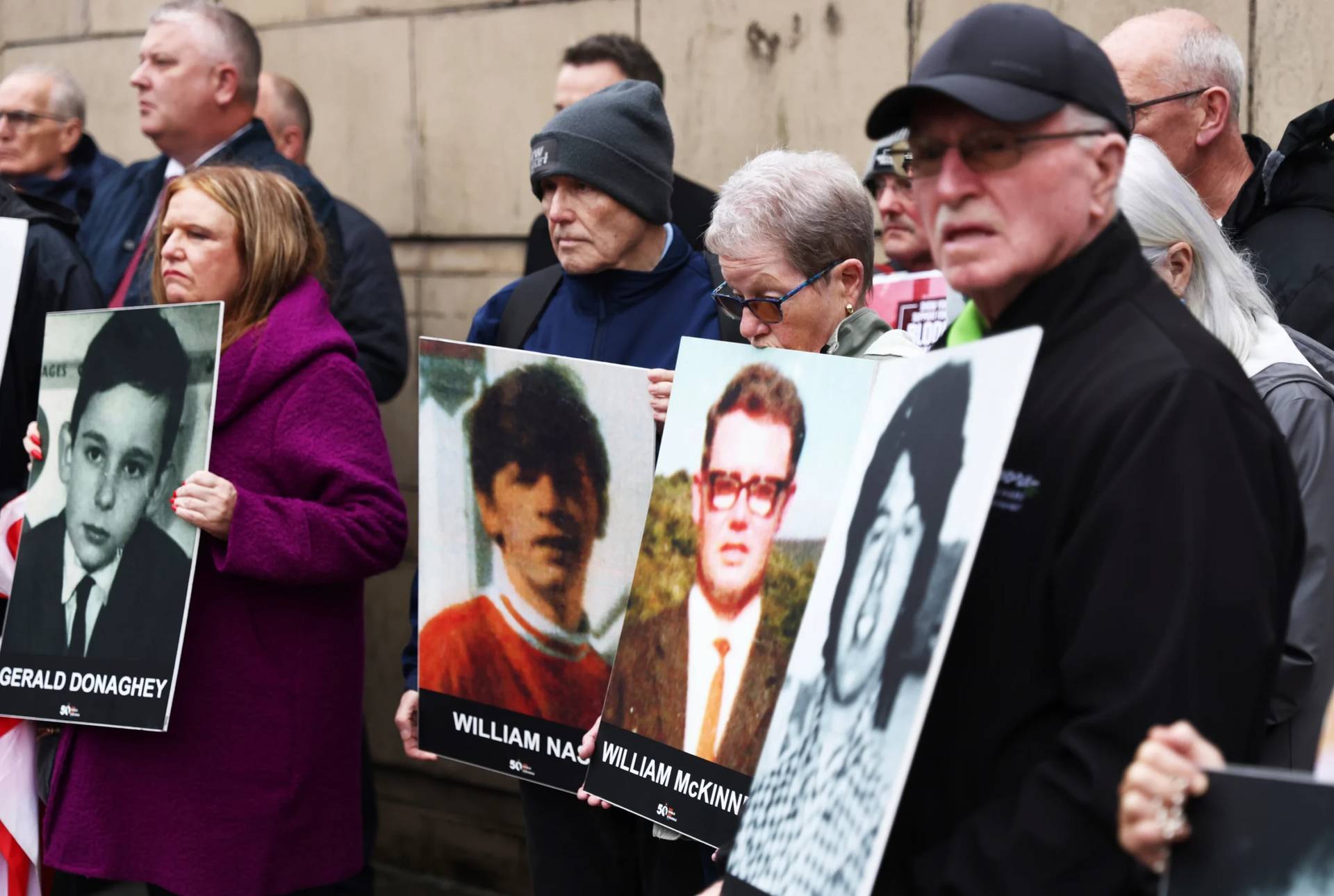LEICESTER, United Kingdom – Industrial giants, not ordinary famers, will be the main beneficiaries of the COP-28 declaration issued by the United Arab Emirates on Friday, according to the English Catholic international aid agency.
More than 130 countries signed a “Leaders Declaration on Food Systems, Agriculture and Climate Action” at the climate change summit in Dubai on Friday, a result hailed by organizers as the first such committment to cut carbon emissions in the global food system.
“This declaration is there to help galvanise the political will needed from countries across the globe to transform our food systems in the face of climate change,” said Miriam Almheiri, UAE Minister of Climate Change and Environment, in announcing the declaration.
Yet while the Food Systems Advisor for CAFOD, the overseas charitable arm of the Catholic Church in England and Wales, called the declaration a step in the right direction, he also said the “irony is glaring.”
“While the declaration addresses our broken global food system by targeting support for indigenous peoples and small-scale farmers,” said Diego Martinez Schuett, he also argued that plans to boost global trading systems through the World Trade Organization are only going to benefit big companies.
“Currently only 0.3 percent of climate finance goes to small-scale farmers, although they produce one third of the world’s food. This declaration will only work if it encourages governments to focus on strengthening local food systems through solutions that have already proven effective, such as agroecology,” he said in a statement.
The negotiations, called “Conference of Parties,” are in their 28th iteration in Dubai. Any final decision is non-binding, meaning countries can agree to something and then not follow through.
Last year’s climate talks – COP27 in Egypt – produced a landmark agreement for rich countries to contribute to a fund to help developing nations adapt to climate change.
For decades, environmental activists had argued that a “loss and damage” fund was necessary because rich nations, which industrialized with fossil fuels, were largely responsible for climate change, while developing countries were being hit the hardest as they didn’t have the resources to withstand floods, heat waves, prolonged drought and other manifestations of a warming world.
Early discussions of loss and damage at COPs were always on the fringes, not even on the official agenda. That changed last year, as the topic, and thus the final decision, ended up being the centerpiece of the summit.
The COP28 climate talks have begun with countries agreeing on the first day of the UN summit how a “loss and damage fund” will operate.
Negotiators at COP28 agreed that the new loss and damage fund would be run by the World Bank in its first years of operating, with funding provided by rich countries who have contributed the greatest volume of greenhouse gases in recent decades.
Governments agreed in 2022 at COP27 to set up a loss and damage fund, but details of how the fund would operate were left to be decided.
Pope Francis, who was forced to cancel plans to attend the COP-28 summit due to ill-health, has called for world leaders at the annual climate conference to put the “global common good” above their own national interests.
Liz Cronin, the Climate Policy Lead at CAFOD, said the COP28 decision to finally operationalize the long-awaited loss and damage fund is “a really positive way” to start the two weeks in Dubai.
“The UK has pledged up to £60 million which is a really welcome recognition of how important the fund is and the country’s historic responsibility for climate impacts,” she said.
“Whilst this is a great start to COP, the fund now needs filling up with new and additional climate finance that isn’t just moved from existing climate finance commitments. CAFOD are calling on the UK and all developed countries going forward to step up and contribute their fair share to the fund,” Cronin added.
Noting that it is one of the largest historic emitters of the greenhouse gases driving the climate crisis, CAFOD is calling for the UK government to play its part by taking action on three fronts:
- Push for the world to consign fossil fuels to history in order to keep global temperature rises below 1.5C. Staying below this limit can only be achieved by stopping all new oil, coal and gas projects and rapidly phasing out existing production.
- Fund the loss and damage fund with new money from grants, rather than loans which will only exacerbate the debt crisis faced by low-income countries. Governments at COP27 agreed to set up this fund to support countries suffering from the impacts of climate catastrophes.
- Support small-scale farmers who are growing food in ways that protect nature rather than harm it. The government must channel financial and technical support towards small-scale farmers and away from big agricultural companies that are damaging the environment.
Thousands of CAFOD supporters have called for British Prime Minister Rishi Sunak to stick to the UK’s climate pledges in the months leading up to COP28 and for the UK government to push other countries to make ambitious commitments at the summit in the UAE.
Speaking in Dubai on Friday, the British prime minister said the UK is “absolutely committed” to the country’s Net Zero targets.
“We’ve already decarbonized faster than any other major economy. Our emissions are down 48 percent since 1990. Compared to limited cuts from others, and a 300 percent increase from China,” Sunak told the summit.
“We’re also one of the largest climate donors, because we want to help those suffering the impacts of climate change,” he continued.
“As I said in September, we won’t tackle climate change unless we take people with us. Climate politics is close to breaking point. The British people care about the environment. They know that the costs of inaction are intolerable. But they also know that we have choices about how we act,” the British prime minister said.
“So yes we’ll meet our targets, but we’ll do it in a more pragmatic way, which doesn’t burden working people. We’ve scrapped plans on heat pumps and energy efficiency, which would have cost families thousands of pounds. We’ll help people to improve energy efficiency and cut bills – but we won’t force them too,” he added.
Bishop John Arnold of Salford, the lead of environmental issues for the Catholic Bishops’ Conference for England and Wales, asked political leaders to take decisive action at this summit and create energy transition targets that are efficient, obligatory and readily monitored.
“Care for God’s creation is intrinsically bound up with care for all our brothers and sisters and, given that climate change will affect poor countries the most, caring for creation can be thought of as an intrinsic part of the ‘preferential option for the poor’,” the bishop said.
This article used information from the Associated Press.

















